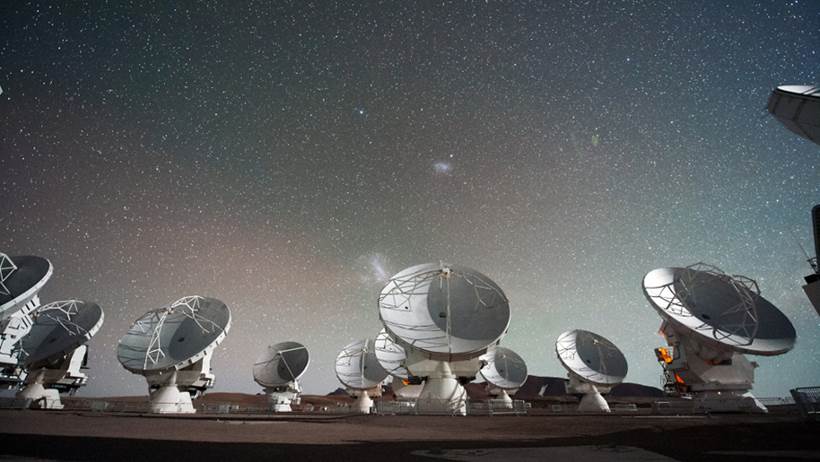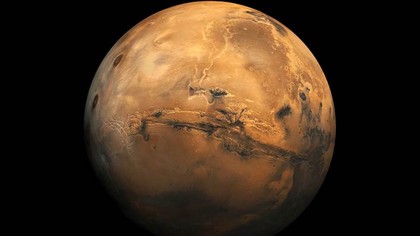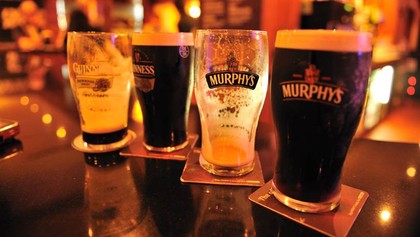
This week, we've proven that we have indeed found the elusive Higgs Boson, our biggest ever telescope array has finally come online, and we've discovered that alcohol can give your brain an energy boost.
In other news, researchers have been able to grow new human teeth, the cloning barrier has been broken, and the Mars rover, Curiosity, has found a bunch of critical chemicals that suggest the Red Planet could have supported life. It's all in this week's Week in Science.
Yes, Curiosity finds Mars really could have sustained life - Nasa's Curiosity rover blasted off this rock towards the Red Planet to investigate a couple of fundamental questions, one of which has now been answered. Yes, Mars really could have sustained life. Curiosity has discovered some of the important elements required for life as we know it - carbon, oxygen, nitrogen, hydrogen phosphorus, and sulphur - in a sedimentary rock near a dry stream in Gale Crater. It also found that the once water-bearing surface wasn't full of life-destroying-levels of oxidising chemicals. There's actually just enough, giving further weight to the possibility of at least microbial life on Mars. Of course, this doesn't mean we've discovered evidence of actual life on Mars, but it certainly makes it ever more likely we will. [NASA]

The world's largest telescope array is now open for business - Meet the enormous ALMA, the world's biggest telescope array. The Atacama Large Millimetre Array is finally fully open for business this week, marking the completion of the biggest ground-based astronomical project ever conceived. ALMA's 64 massive antennae are designed to chart extended objects in the night's sky, like enormous cosmic clouds, and have already captured incredible images of spiral star systems and colliding Antennae Galaxies. [New Scientist]
Looks like we really have found the Higgs Boson - Scientists at CERN have now shown that, without a shadow of a doubt, we have found the Higgs Boson, the particle that gives the universe its mass. We still don't know which Higgs Boson we've found, as there are various theorised types, but results tend to indicate that it's the Standard Model variety. We won't know for sure for a while yet, but this is a massive step forward for physics and, thankfully, no black holes were formed in the process. [CERN]
Alcohol actually fuels binge-drink brains - A new study has shown that it's not just the intoxicating effects of alcohol that gives long-term heavy drinkers a buzz, it actually fuels their brains with extra energy. That's because the liver breaks down the alcohol, dumping out acetate as part of the bi-product of its metabolism. The acetate is then pumped around the body by the blood, including to the brain. Once enough acetate builds up around the brain, it is actually able burn the acetate just as it would glucose, giving the brain a huge energy boost. It's thought that this energy boost could form part of the severe withdrawal symptoms experienced by recovering alcoholics. [Journal of Clinical Investigation]

New blood test can track cancer - Results from a large pilot study to test blood for cancerous DNA have shown that not only can cancer be detected in the blood, but that the quantity of tumour DNA in the samples indicates the state and amount of tumour growth in the patient. Previously, painful and invasive biopsies were needed to track tumour growth and response to cancer therapy. Further, randomised study is needed before this technique can be put into clinical practice, but if things go well a simple blood test could help diagnose cancer quicker and more easily than ever before. [Nature]
Get daily insight, inspiration and deals in your inbox
Sign up for breaking news, reviews, opinion, top tech deals, and more.